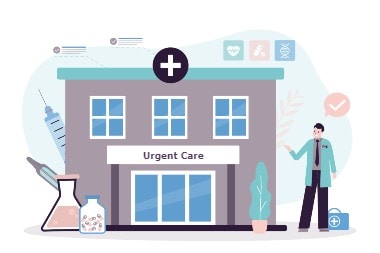A recent survey reveals that scheduling a physician appointment now takes an average of 31 days—a 19% increase from 2022 and a 48% rise since 2004. Conducted in early 2025 by AMN Healthcare, the survey included 1,391 physician offices across 15 major U.S. metropolitan cities like New York, Los Angeles, and Miami, focusing on 6 medical specialties. The findings highlight community challenges for patients looking to access timely care. Wait times vary by specialty. For …
Read More









